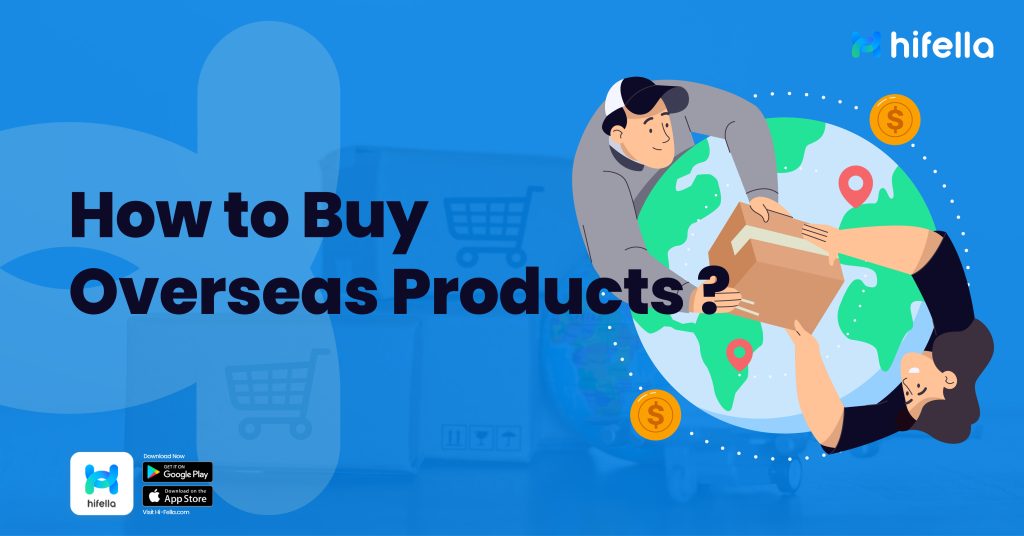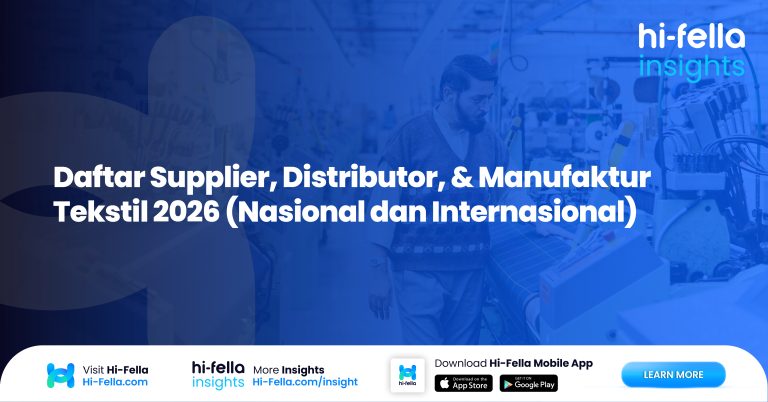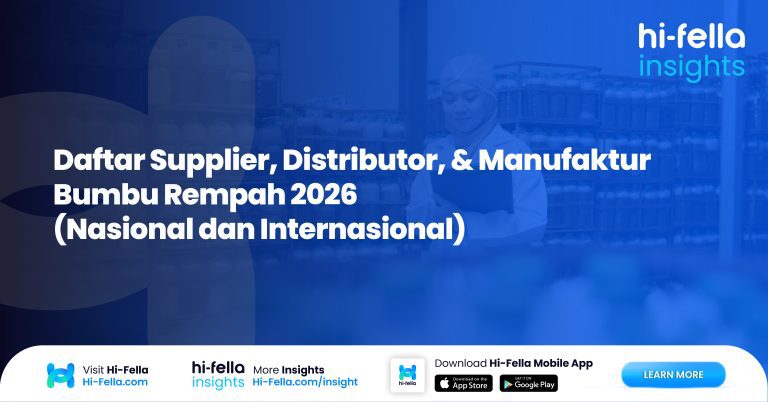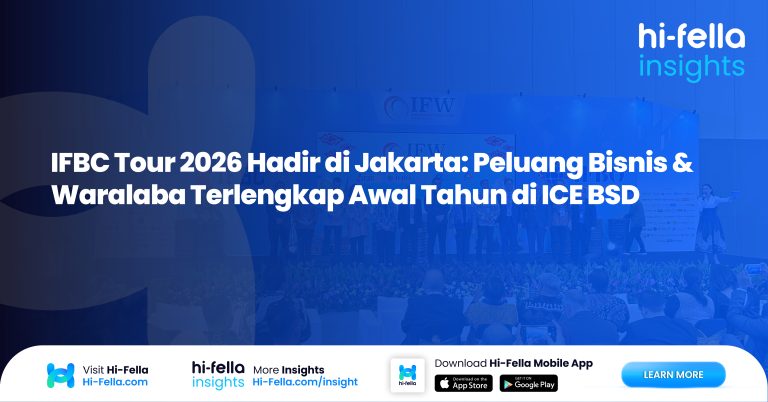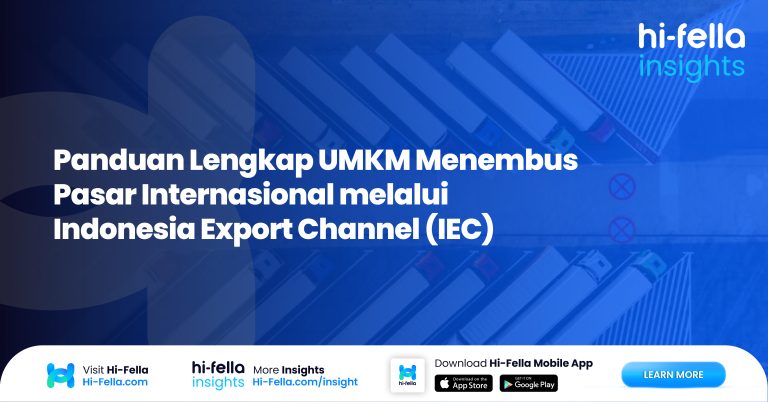Table of Contents
Learning how to buy overseas products efficiently can transform your shopping experience, offering not only convenience but also more affordable luxury and rare items straight from the source.
You can easily buy top designer brands from their country of origin and probably get more bang for your buck because when buying from outside the prices tend to be cheaper. It’s perfect for getting luxury items or rare items.
If you are restocking your online store, buying from overseas can mean huge savings and higher profits. However, remember, there are some smart ways to shop overseas so that you get the best deals.
Global E-Commerce Market Size and Growth
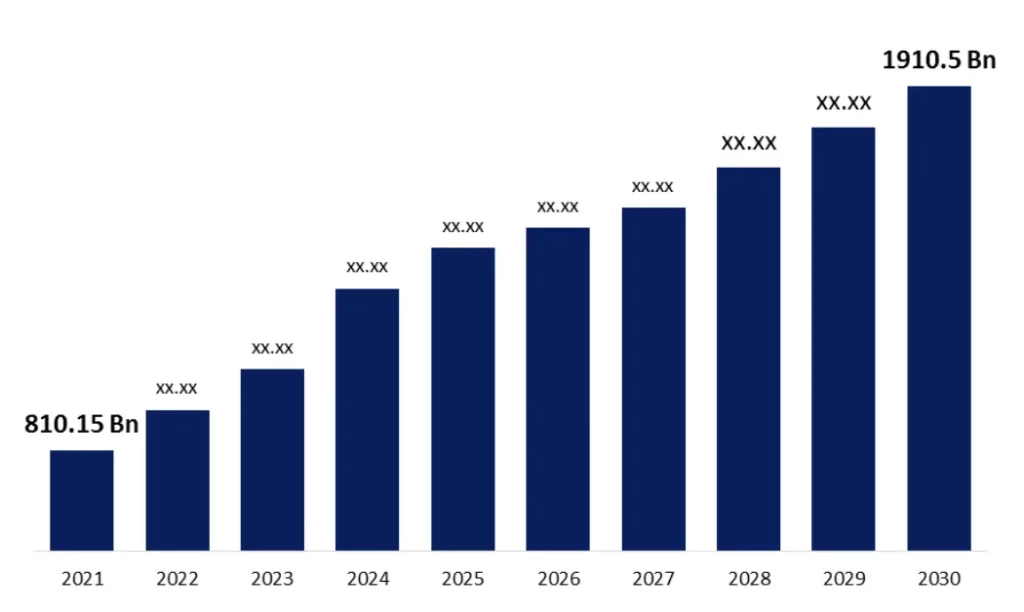
Source: Spherical Insights
Based on information from Spherical Insights, the global market for international e-commerce is estimated to reach $810.15 billion in 2021 and is projected to increase to $1,910.5 billion by 2030, with a Compound Annual Growth Rate (CAGR) of 14.30% from 2021 to 2030.
The growth of this market is primarily driven by increasing internet access in various countries and a rise in e-commerce spending, which is anticipated to contribute significantly to the market expansion.
How to Buy Overseas Products
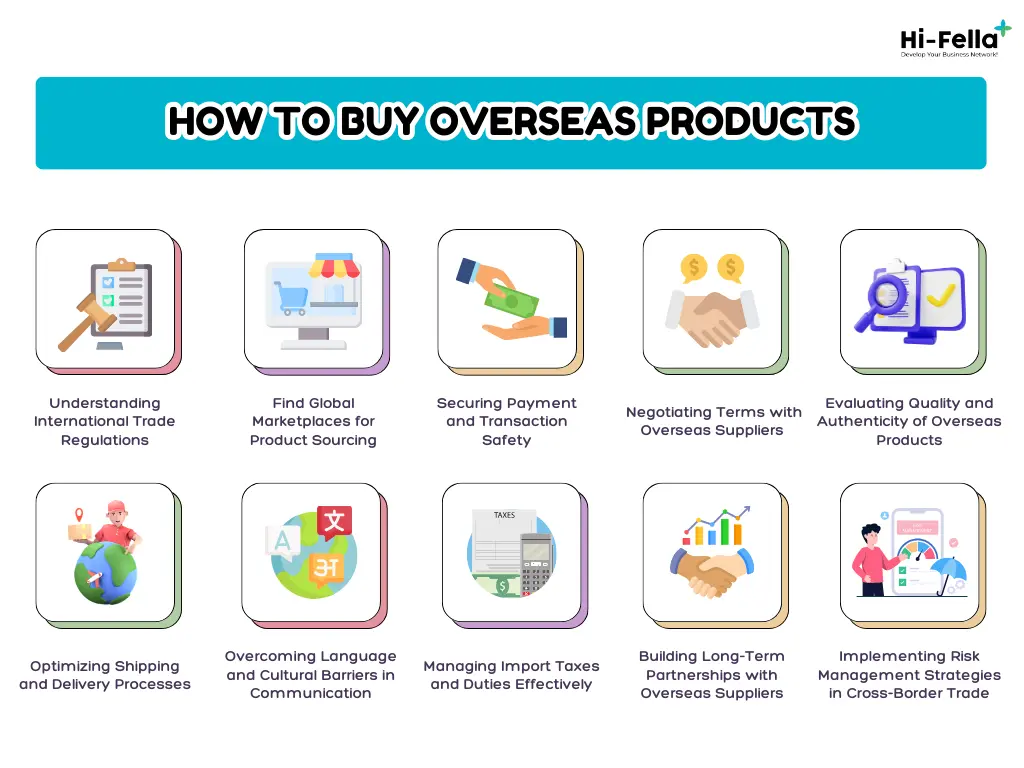
Learning how to buy overseas products efficiently can save you money and open up access to unique items that aren’t available locally. So, here is the several tips:
1. Understanding International Trade Regulations
Before diving into the world of overseas buying, it’s crucial to understand international trade regulations.
These laws govern how goods are exported and imported between countries, affecting everything from the types of products that can be traded to the taxes and duties charged.
Utilizing a platform like Hi-Fella not only provides access to a wide variety of products but also offers guidance on complying with these regulations so that you can be informed on a legal transaction process.
2. Find Global Marketplaces for Product Sourcing
Identifying the right platform is important when it comes to connecting with overseas suppliers. Global marketplaces like Hi-Fella offer a place to browse, compare, and purchase products from various international vendors.
These platforms often provide tools and resources to facilitate easier product discovery and vetting, thus helping buyers make informed decisions.
3. Securing Payment and Transaction Safety
In the vast world of internet shopping, keeping your payments secure is a priority. Websites like Hi-Fella can protect your transactions, using advanced security measures to ensure your money transfers are safe from fraud and theft.
This means you can shop with confidence, knowing that your financial details are well-guarded.
4. Negotiating Terms with Overseas Suppliers
When buying from abroad, communication is key to securing the best deals. Hi-Fella simplifies this process, offering a platform where you can easily discuss and negotiate terms directly with suppliers.
This direct line of communication helps in clearly stating what you need, understanding the seller’s offerings, and coming to an agreement that’s beneficial for both. It’s all about making sure you and the seller are on the same page for a smooth transaction.
5. Evaluating Quality and Authenticity of Overseas Products
One of the main concerns when purchasing items from another country is ensuring that what you’re buying is genuine and of high quality. Hi-Fella addresses these concerns by providing tools and resources to help you verify the authenticity and quality of the products.
From customer reviews to quality assurance checks, you have several ways to assess what you’re buying before making a commitment. This can include asking for samples or proof of authenticity, ensuring you get exactly what you’re looking for.
6. Optimizing Shipping and Delivery Processes
Mastering how to buy overseas products involves familiarizing yourself with international shipping options to find the best balance between cost and delivery time.
Hi-Fella can make this process easier by offering insights and partnerships with reliable logistics providers, helping you choose the best shipping options.
This includes understanding the costs involved, estimated delivery times, and how to track your shipment. The goal is to ensure your order arrives safely and as efficiently as possible, reducing the stress of waiting and uncertainty.
7. Overcoming Language and Cultural Barriers in Communication
To successfully learn how to buy overseas products, it’s essential to communicate effectively with sellers to avoid any misunderstandings regarding product specifications or shipping details
Hi-Fella helps bridge this gap by providing a platform that brings sellers and buyers together, making it easier for you to communicate effectively with sellers.
This fosters better understanding and relationships with suppliers, ensuring smoother transactions and clearer communication.
8. Managing Import Taxes and Duties Effectively
Understanding how to buy overseas products ensures you get through customs and import taxes without unexpected costs.
Essential Documentation:
- Commercial Invoice: This document provides information about the transaction between the seller and the buyer, including a detailed description of the goods, their value, and the terms of sale.
- Customs Declaration: A form that accompanies the shipment, declaring the contents, value, and purpose of the goods being sent.
- Proof of Origin: Certificates or statements proving where the goods were made, which can affect the duties and taxes applied.
Duties and Taxes:
- Duties: Customs duties are taxes imposed on imported goods, which vary depending on the type of item and its country of origin.
- Taxes: Value-added tax (VAT) or goods and services tax (GST) may also be applied, depending on the destination country’s tax policies.
- Tariff-Free Thresholds: Some countries offer de minimis values, below which goods are not subject to duties or taxes, reducing costs for lower-value shipments.
Hi-Fella offers tools and information to help you estimate these additional costs, allowing for more accurate budgeting and financial planning.
By having enough information, you can make smarter purchasing decisions, avoiding unexpected costs.
9. Building Long-Term Partnerships with Overseas Suppliers
Building and maintaining long-term partnerships with overseas suppliers can lead to many benefits, including better prices, higher quality products, and a more reliable supply chain.
Hi-Fella supports the development of these relationships through its platform, encouraging ongoing communication and transactions. Such stable relationships are invaluable for business growth and success.
10. Implementing Risk Management Strategies in Cross-Border Trade
Engaging in international trade comes with a range of risks, from financial to logistical. Implementing a risk management strategy is essential to protect your interests and ensure business continuity.
This involves diversifying your supplier base, using secure payment methods, and keeping up to date with trade regulations.
Hi-Fella helps in this regard by offering a comprehensive platform that supports safer and more diversified international trade, helping you easily overcome the complexities of cross-border transactions.
Ready to explore the vast world of overseas products and capitalize on the benefits of international trade?
Start your journey with Hi-Fella, your gateway to a global marketplace. Buy products with Hi-Fella and get the potential of cross-border shopping today!



